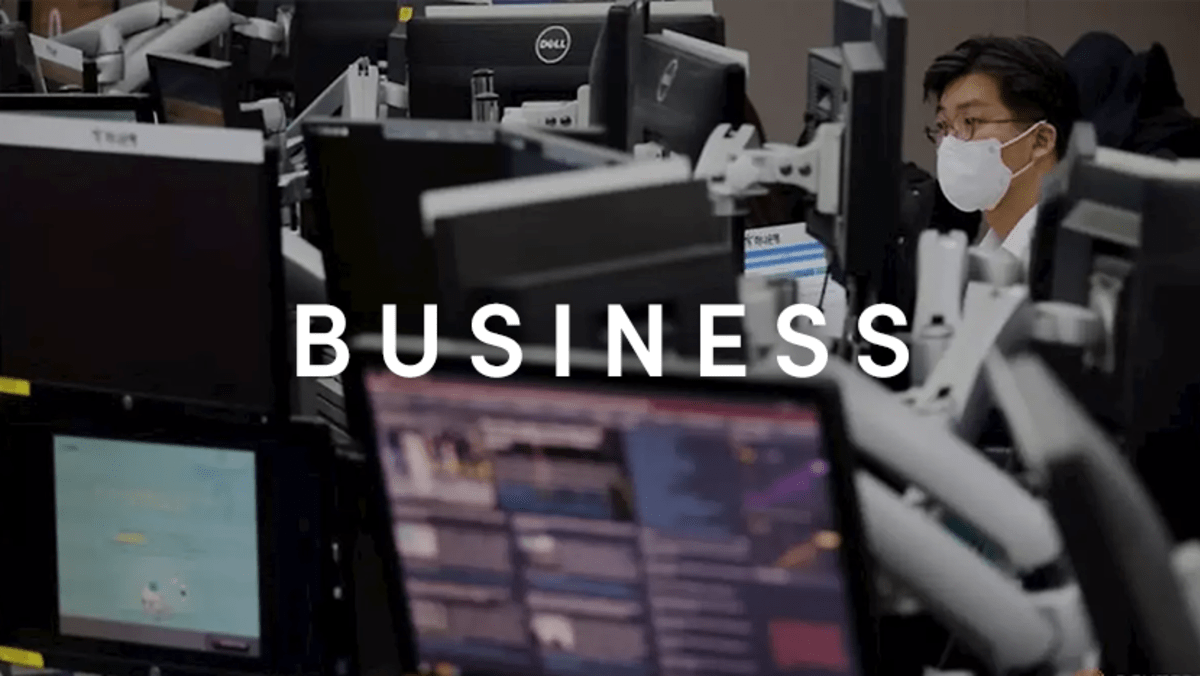Hivemapper starts issuing crypto tokens for vehicle dashcam footage
Drivers around the world from Thursday can generate cryptocurrency by installing a dashcam and sharing images with a San Francisco startup that aims to nab some buyers of street-level imagery away from Alphabet Inc’s Google.
Hivemapper Inc, which announced US$18 million in fundraising from investors in April, said it has so far sold over 5,500 dashcams across 66 countries. As drivers record road signs and storefronts, they mint tokens that Hivemapper named Honey.
Hivemapper Chief Executive Ariel Seidman said US regulations limit him from discussing how and when Honey can be spent.
“I wish I could tell you,” he said. “There’s real value that’s being created, and it will be reflected in the token.”
The venture mirrors projects such as wireless data provider Helium that seek to encourage mass participation by leveraging blockchains or other Web3 technologies, as proponents call them. While some investors such as Hivemapper backer Multicoin Capital are bullish on Web3 efforts, sceptics worry about currency speculation and fraud.
With its network of cameras, Hivemapper also poses privacy concerns. Seidman said the company blurs faces and license plates, encrypts location data, anonymizes users and swears off surveillance.
Google licenses imagery from a managed fleet of camera-equipped vehicles. Hivemapper wants to match Google’s quality and undercut it on price.
Google did not respond to a request for comment.
By comparison, Mapillary, acquired by Meta Platforms Inc in 2020, encourages people to capture imagery through phones and dashcams, but without compensation.
Mapmaker HERE, owned in part by German automakers, is evaluating Hivemapper’s imagery for potential use, including for up-to-date speed limit data. European rules since July have required speeding warnings inside cars.
In tests in Manila, Hivemapper covered 95 per cent of roads in six months and updated 75 per cent of the data monthly.
One early customer is Shreveport, Louisiana, which is paying roughly $7,000 for full coverage in its limits from dashcams on garbage trucks, said the city’s chief technology officer, Keith Hanson. He called it an inexpensive way to aid response to resident complaints.
For all the latest business News Click Here

